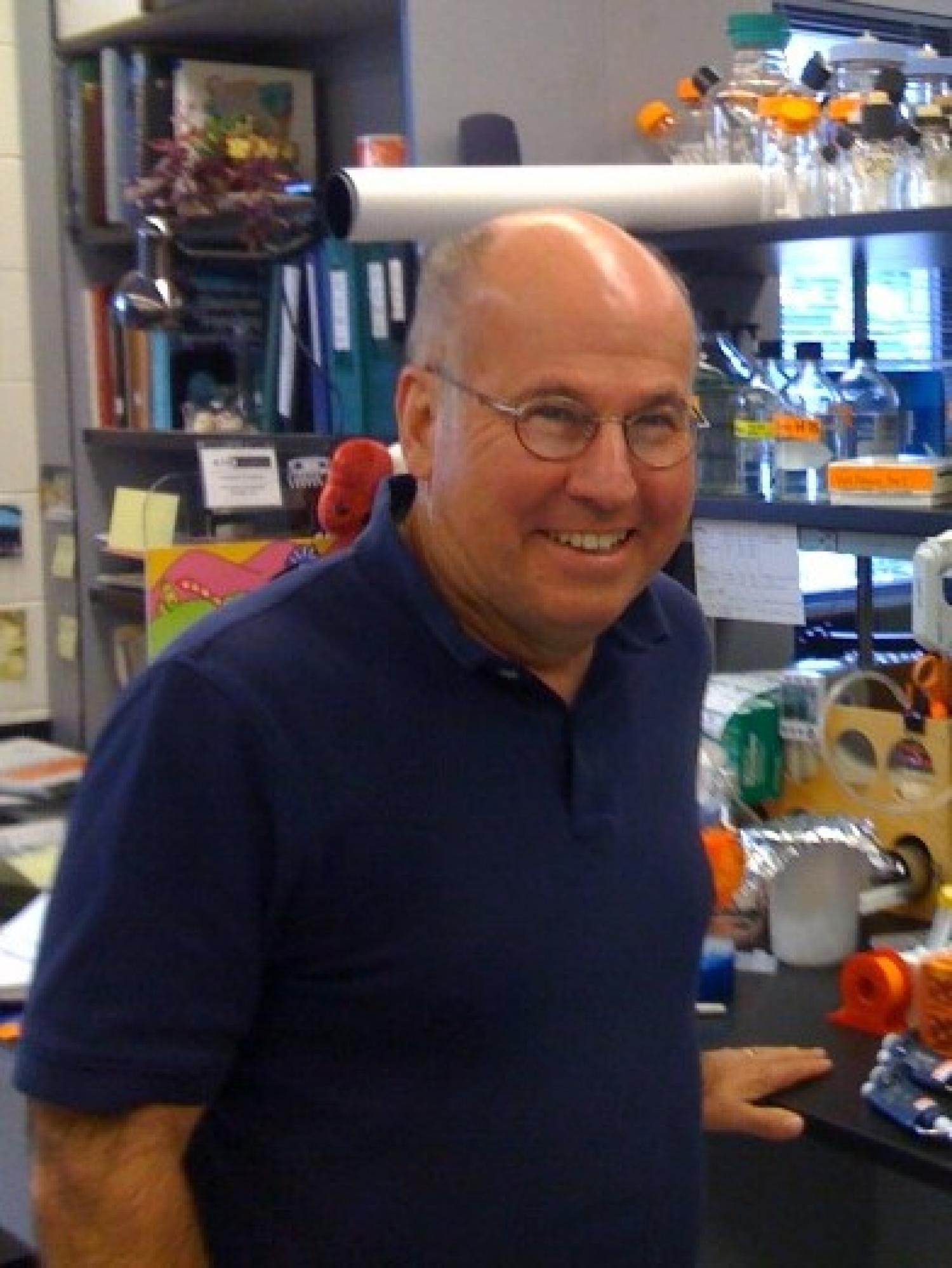Dr. Robert Garcea

Dr. Robert Garcea will be speaking about highly thermostable single-dose vaccines.
Vaccines provide perhaps the single most cost-effective disease prevention modality currently available. Several significant issues persist however with respect to the availability and uptake of vaccines, particularly in resource-limited regions of the world. These include cost, stability within a cold-chain supply, delivery, adjuvants, acceptance, and compliance. Dr. Garcea's lab has developed two technologies that when combined will address issues in vaccine stability and compliance. The first is a thermostabilization process that produces microparticles of the antigen and adjuvant embedded in a glassy sugar matrix. This dry powder preparation protects the antigen from chemical degradation and provides exceptional resistance to thermal denaturation. The second technology is the coating of the thermostable powder using atomic layer deposition of metal oxide adjuvants (such as aluminum oxide, alum). An exterior coat of antigen provides the priming dose while the number of oxide layers dictates the exposure of the boosting core at a pre-determined time interval. The resulting combination is a platform technology for thermostable single-dose vaccine regimens across a variety of antigen types. The thermostabilization technology has already been successfully applied to a variety of antigen types including human papillomavirus (HPV) virus-like particles (VLPs) and capsomere subunits, ebola glycoprotein, and intact polyomavirus, and the coating technology has progressed to initial pre-clinical testing. Specifics of the platform technologies will be presented, with details on their application to new HPV subunit vaccines.
Dr. Robert Garcea is currently a Professor of Molecular, Cellular and Developmental Biology at the University of Colorado Boulder. Previously, he was a pediatric hematologist-oncologist in Denver, Colorado. He received his medical degree from University of California San Francisco School of Medicine. In 2012, he was elected as an American Academy of Microbiology fellow, and in 2006, was named UCDHSC Inventor of the Year. Additionally, he served as chair of the American Society of Microbiology, Division S (DNA Viruses).
The Garcea laboratory studies the structure and assembly of small DNA viruses, with emphasis on polyoma and papillomaviruses. Current interests of the lab are the mechanism of mitogenic signal transduction initiated by the interaction of viral capsid proteins with cell surface gangliosides, and the sites of virion assembly in the nucleus and the cellular proteins that mediate genome packaging. In addition, structural studies of human papillomavirus (HPV) have led to translational research concerning the development of next generation HPV vaccines using capsid subunits (capsomeres) that are purified after bacterial expression of the L1 viral coat protein. For more information on his research, visit the Garcea Lab website.
Dr. Robert Garcia will be coming to speak to us on Thursday, April 19, from 5:00 – 6:00 p.m. The presentation will be held in Duane Physics, Room G125.

